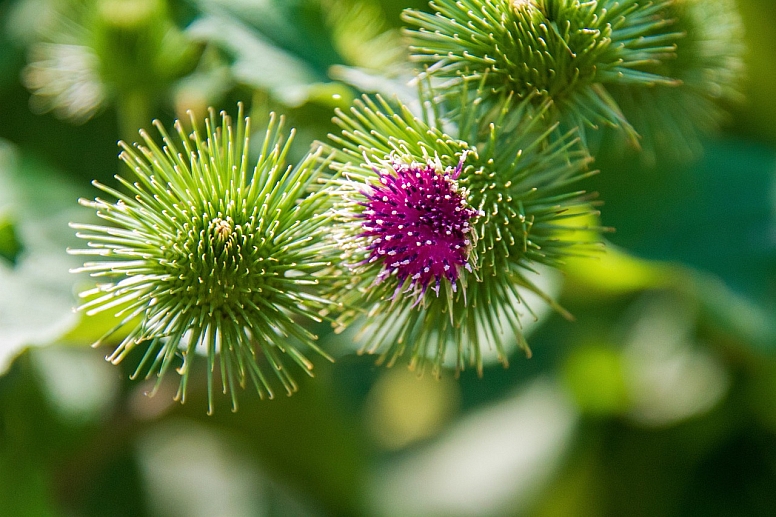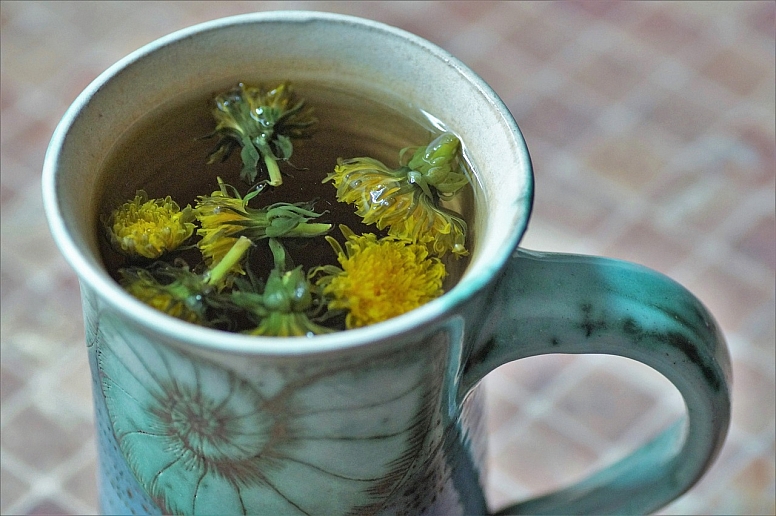
Revealing the Benefits of Essiac Tea Herbal Medicine
In the world of alternative medicine, Essiac tea has captured the attention and imagination of many seeking natural remedies for various ailments.
History of Essiac Tea
This herbal mixture, consisting of eight primary herbs, has a rich history dating back to the early 20th century. Organic Essiac tea has been praised for its potential health benefits, with claims ranging from cancer treatment and immune system support to detoxification and overall well-being. Some of the most relevant and important details about this wonderful gift of nature like its origin, ingredients, potential health benefits, and scientific evidence in the view of modern research will be mentioned here to help all those who are always looking for natural and alternate therapies and treatments.
Background & Origin
The story of Essiac Tea begins with a Canadian nurse named Rene Caisse. In the 1920s, Caisse learned about a traditional herbal remedy from a patient who had received it from an Ojibwa medicine man. This blend of herbs was believed to have amazing healing properties, especially for cancer patients. Rene Caisse devoted her life to researching and refining this herbal remedy, ultimately naming it "Essiac" by spelling her last name backwards.
Composition

Essiac tea powder is primarily composed of an organic fusion of 8 medicinal herbs cultivated in the USA and Europe, crafting a world-renowned cleanser - The Essiac Tea Superfood Powder:
Burdock Root (Arctium lappa): Burdock root is known for its cleansing properties. It is believed to help cleanse the blood and support the liver and kidneys. In traditional herbal medicine, burdock root has been used for various health issues, including skin conditions, digestion, and arthritis.
Sheep Sorrel (Rumex acetosella): Sheep sorrel is thought to have antioxidant properties and has been used traditionally to aid digestion and support the immune system. Some supporters of organic Essiac tea claim that sheep sorrel helps the body fight cancer.
Slippery Elm Bark (Ulmus rubra): Slippery elm is known for its gummy properties, which may help soothe and protect the digestive tract. It is believed to have a gentle and healing effect on the stomach and gastrointestinal system.
Indian Rhubarb Root (Rheum officinale): Indian rhubarb root is known for its laxative properties and has been conventionally used to help bowel regularity. It is also claimed that it aids in removing toxins from the body.
Organic Red Clover: A time-honoured adaptogen, has a rich history in traditional medicine. It offers support for stress management and a range of health benefits, including cellular vitality, natural detoxification, alleviating menopausal symptoms, and promoting bone health. Packed with isoflavones, it may also play a role in managing hair loss.
Organic Blessed Thistle: It boasts a long and storied history of medicinal utilization dating back to the Middle Ages. It offers valuable support for gallbladder and liver cleansing and serves as a versatile adaptogen to combat stress. Moreover, it plays a key role in nurturing and rejuvenating the liver. Abundant in sesquiterpene lactones, triterpenoids, lignans, tannins, flavonoids, and polyenes, this herbal remedy provides a rich collection of beneficial compounds.
Organic Kelp: A nutrition-packed marine plant, is filled with fucoxanthin to promote prostate health. Packed with abundant antioxidants to combat free radicals and a rich source of iodine, it also champions a balanced inflammatory response. Additionally, its high Vitamin K content contributes to maintaining strong and healthy bones.
Organic Watercress: It stands as a nutritional powerhouse, offering phenethyl isothiocyanate (PEITC) to nurture and fortify our DNA in many ways, emphasizing its significance. It provides essential support for prostate health while being rich in Vitamin K, surpassing spinach in iron content, and outpacing milk in calcium. Additionally, it promotes digestive health, and detoxification, and boasts more Vitamin C than an orange, more Vitamin A than an apple, and an impressive antioxidant profile, rivaling that of blueberries. It is a versatile herb to support digestion.
Health Benefits of Essiac Tea

Essiac tea has gained popularity due to the wide range of health benefits that have been credited to it. However, it's important to note that scientific research on Essiac tea is limited, and many of its claimed benefits remain subjective. Some of the potential health benefits associated with Essiac tea powder include:
Cancer Treatment: The most notable claim surrounding organic Essiac tea is its potential as an additional therapy for cancer. Some people believe that the combination of herbs in Essiac tea can help boost the immune system and combat cancer cells. While there are circumstantial reports of cancer patients experiencing positive outcomes with Essiac, modern studies are still being conducted and scientific evidence is being collected to support these claims.
Immune System Support: The herbs used in this amazing mixture are said to strengthen the immune system, making it more effective against infections and diseases. Sheep sorrel, in particular, is believed to play a key role in enhancing immune function and boosting overall health.
Cleansing: Many people turn to Essiac tea powder as a natural way to detoxify the body and cleanse the blood. Burdock root and Indian rhubarb root are thought to be the primary agents in this cleansing process.
Digestive Health: Slippery elm bark and Indian rhubarb root are known for their soothing properties on the digestive tract. This makes Essiac tea appealing to individuals seeking relief from various digestive issues, such as indigestion and constipation.
Pain Management: It is also claimed that organic Essiac tea can alleviate pain associated with certain medical conditions, such as arthritis and inflammatory disorders.
The medical community is still collecting scientific evidence surrounding the potential health benefits of Essiac tea. While some studies and testimonials suggest positive outcomes, many healthcare professionals are still looking for more evidence and clinical trials to confirm these claims.
One of the challenges in studying Essiac tea is the variability in its preparation and the lack of standardization. The composition of Essiac tea may differ from one source to another, making it challenging to conduct controlled scientific experiments.
There are many suppliers and producers of Essiac Tea so it is always recommended that for the best Essiac tea experience always go for certified and organic producers cultivating herbs in the USA & Europe. There are many Essiac Tea products in the market, which source their herbs from countries with dubious growing conditions and virtually no oversight, thus lacking integrity and transparency. It is always good to be informed about the origin of your food and to select the superior option.









